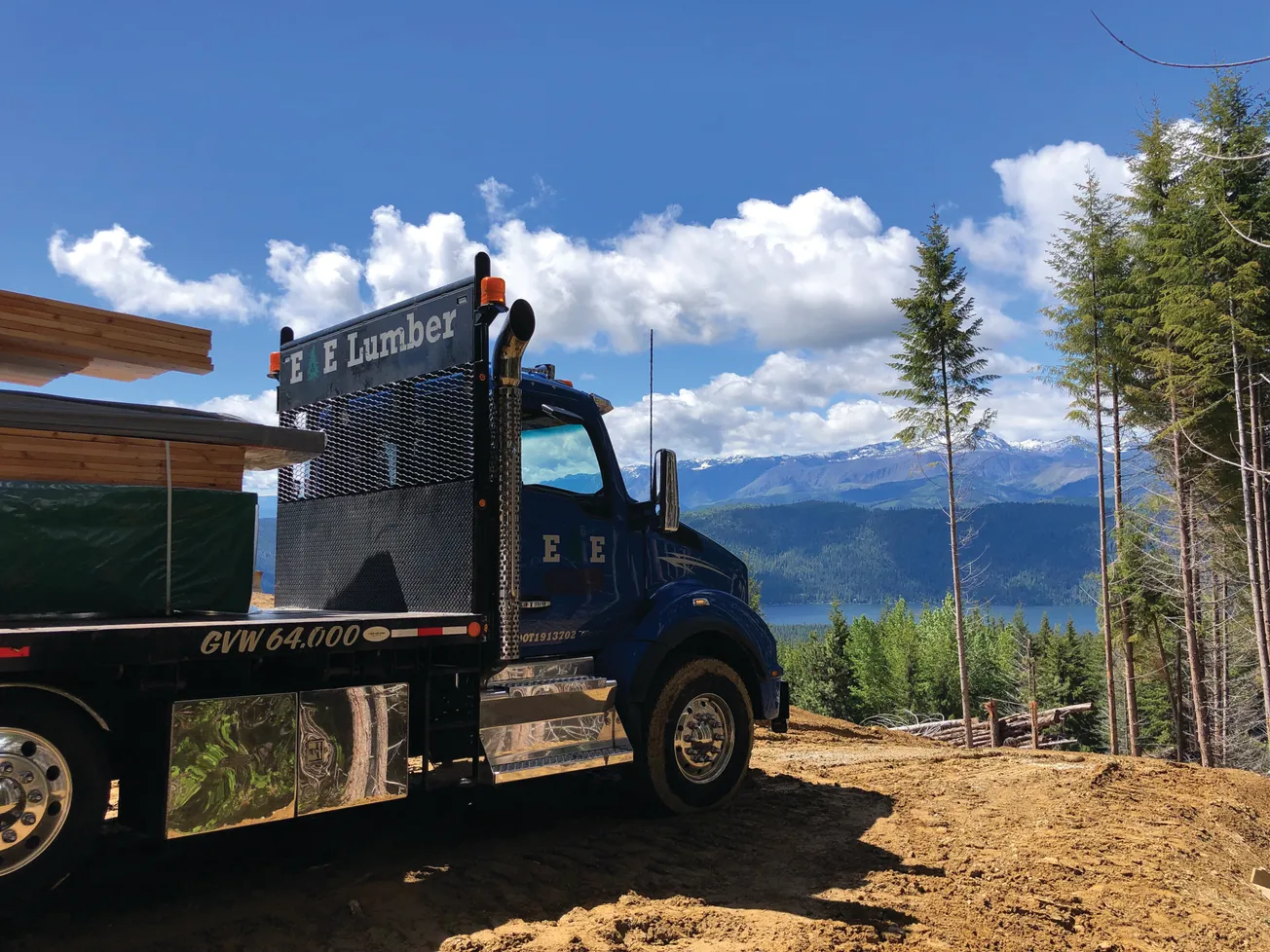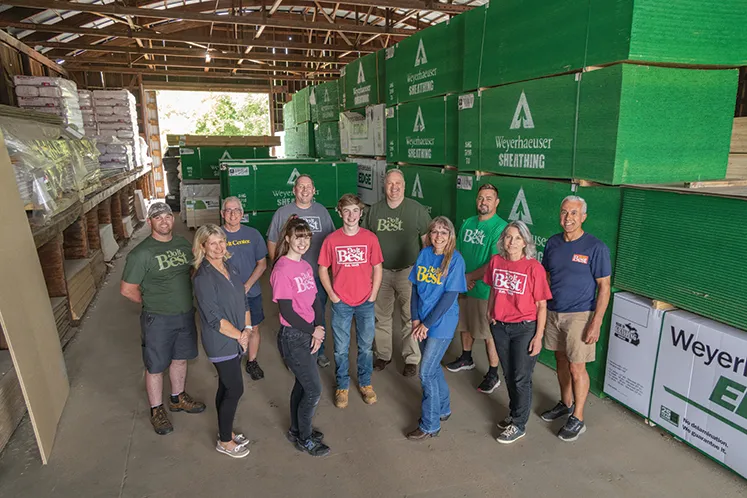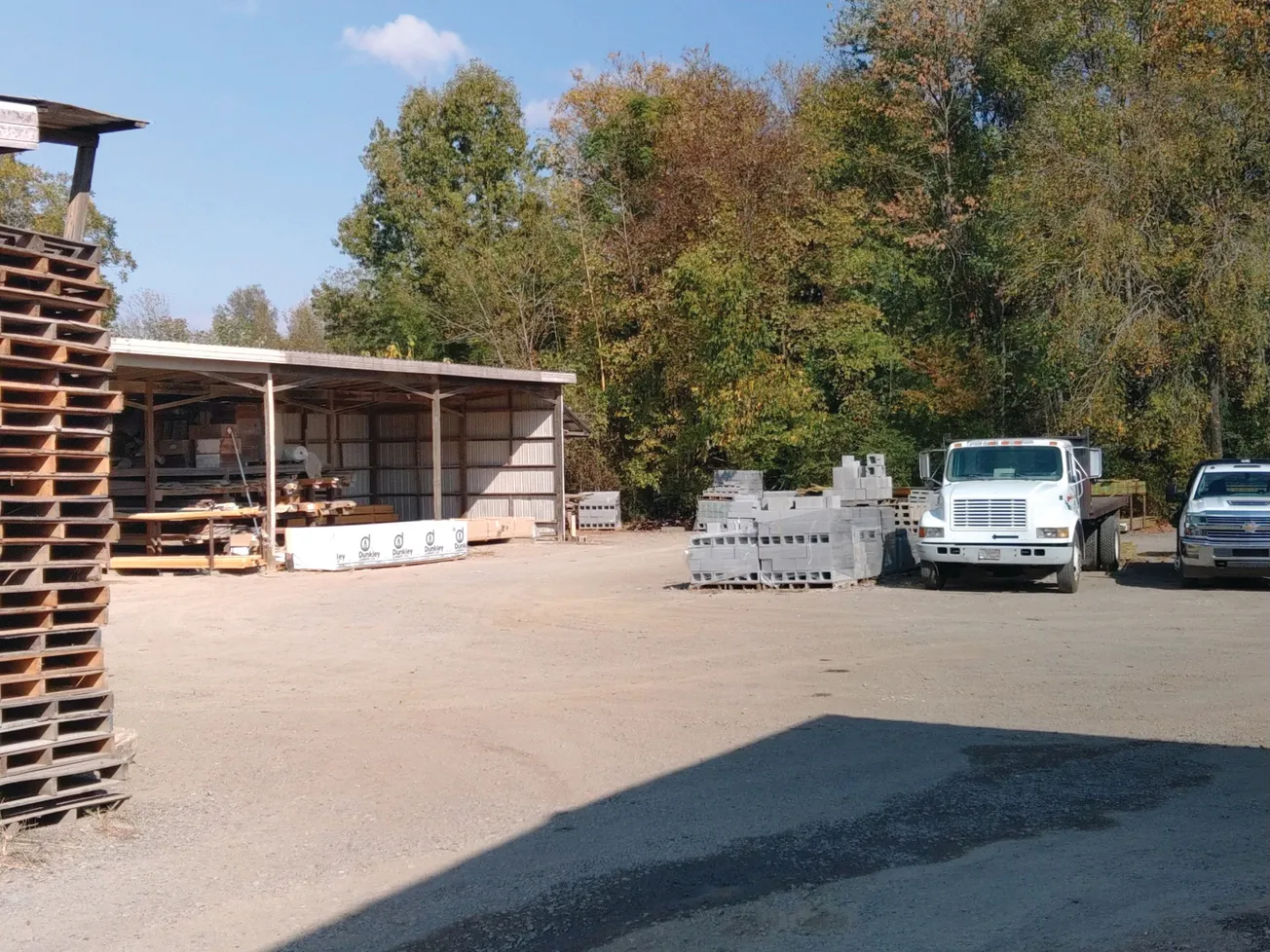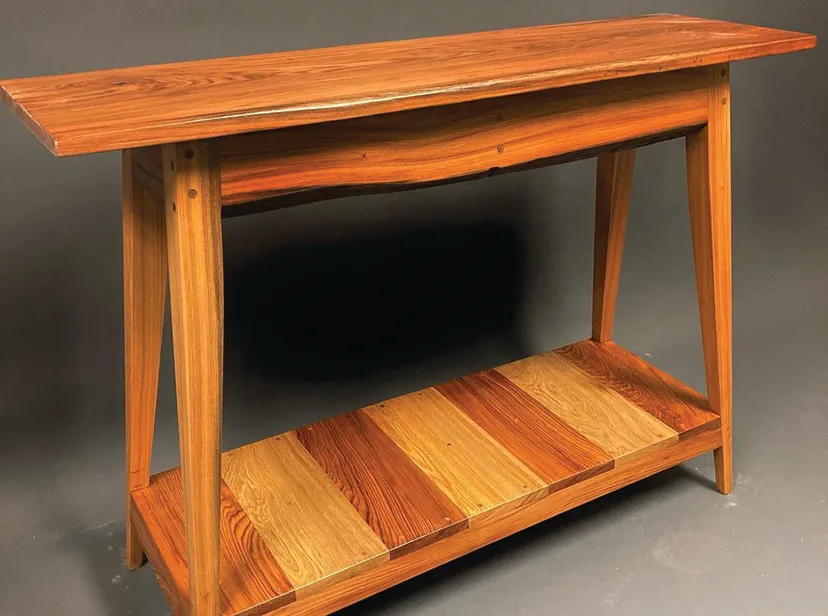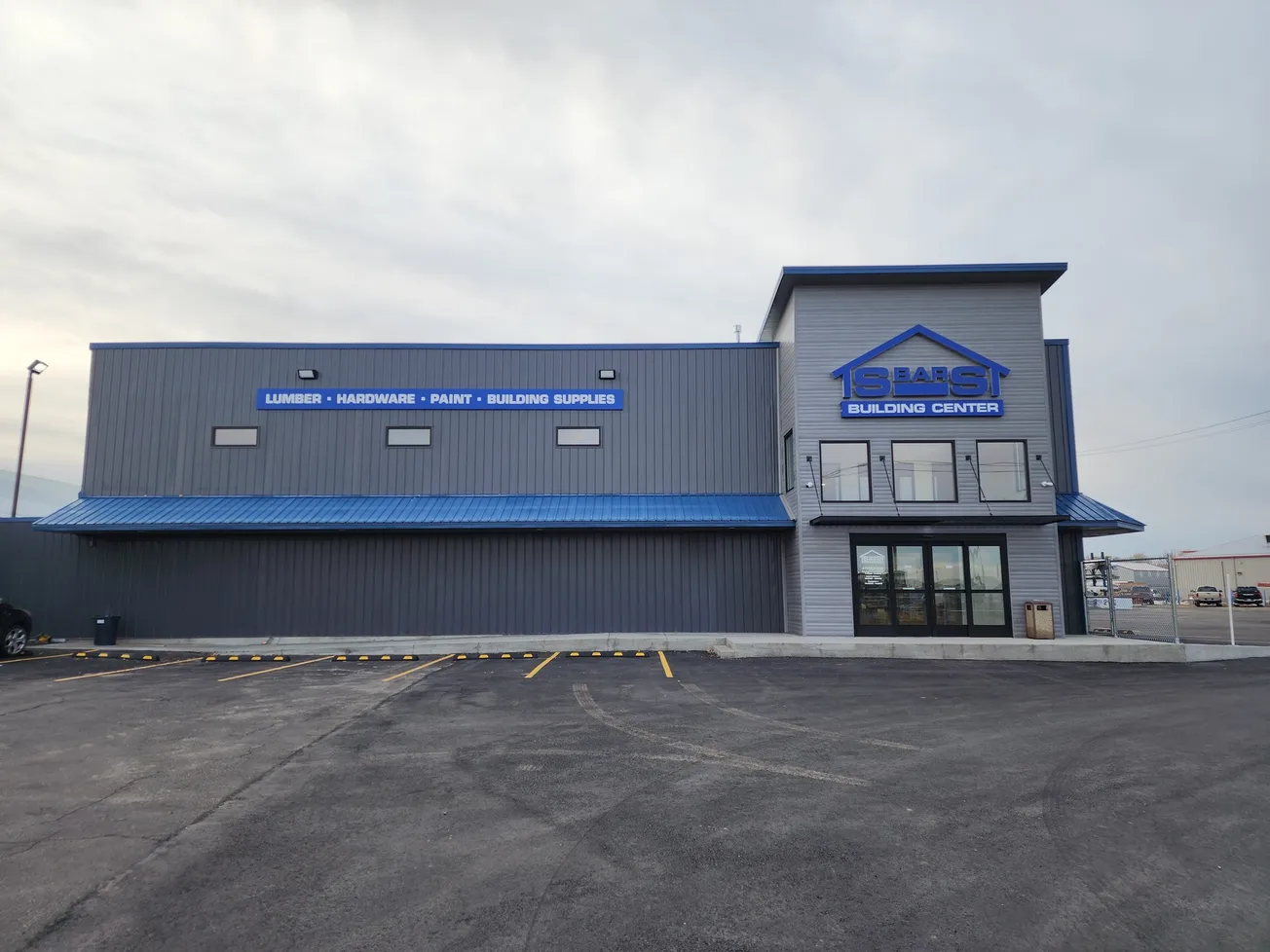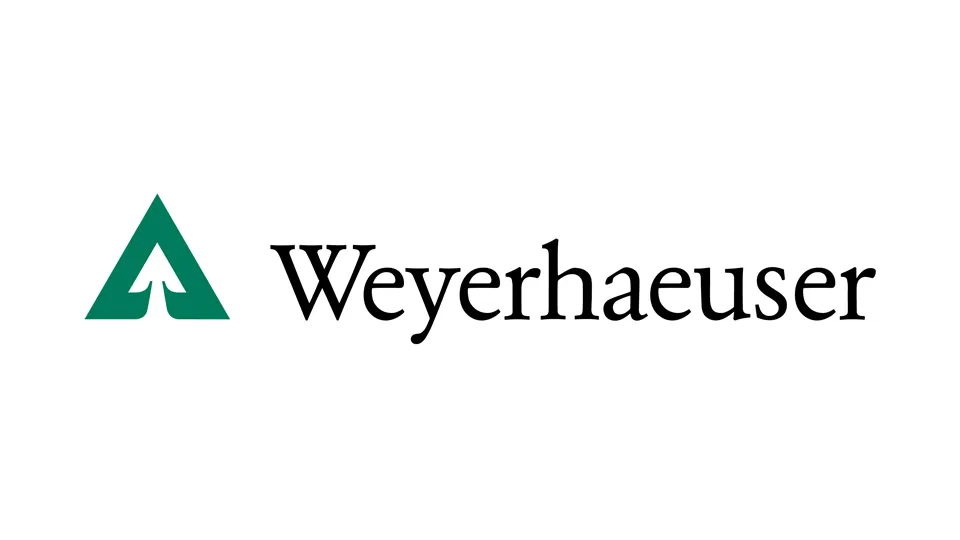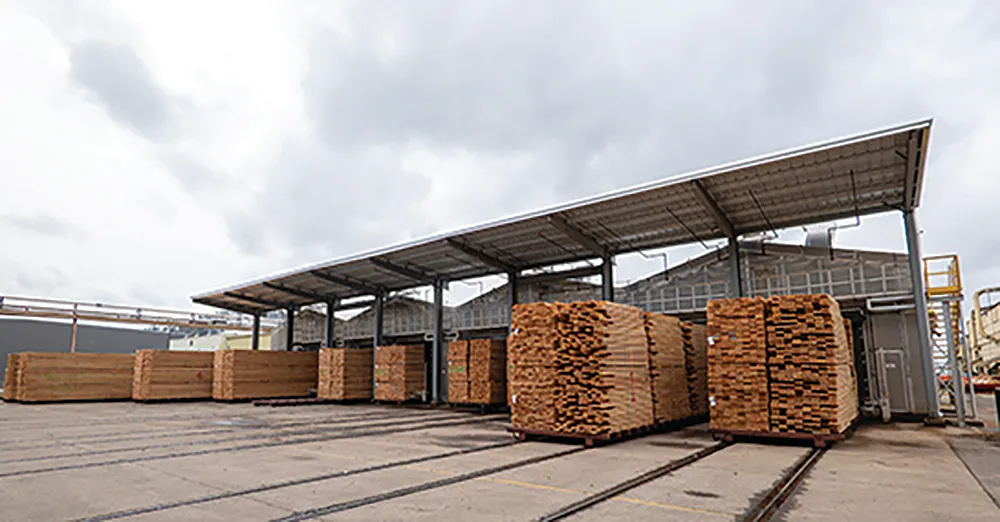Table of Contents
When his dad, owner of Builders Do it Centers of New Mexico, knew it was time to retire last year, Justin Ellis was handed a lemon: With no cash to match the outside offer his father couldn’t refuse, he could suck it up and go to work for the new owner, adding more of the same-old, same-old to the years he’d already tallied at the shop, or he could… um, what?
The only lingo he knew how to speak was contractor-ese. So he decided to open his own outfit to serve that trade. Along with partner Aaron Coats as its newly-minted COO, who’d previously managed a branch of Builders for Justin and his dad, he launched Elco Building Supply in June. Today he’s already sipping lemonade.
Justin had had his eye on a warehouse that had been standing empty for the past couple of years. When he spotted a “For Lease” sign, he jumped on it, judging it, he justifies, “a good site for distribution.” It also housed a 4,000-sq. ft. showroom, now manned, in rotation, by one of Elco’s staff.
“Staff” is a big word for the two other employees the owners took with them, an operations lead and a sales lead—“but together” the boss notes, “we boast over 60 years of experience.” And guts. And, even more important, a solid vision of what was lacking in the building community of their hometown of Roswell, N.M., and how to fill that gap.
Roswell, in the southeastern corner of the state, is a city whose economic base is tourism and agriculture, as Justin tells a listener. Oil and gas play a big part, too. And all these workers need homes. But, as Justin sees it, there are already plenty of residential building supply operations around, both chains and independents, so to chase the crumbs of that piece of the pie would be futile. Even the oil and gas operations’ building needs would be a scramble.
But the construction sector? Not so much. “Plus, I wasn’t sitting on a pile of money, so we had to be creative and find a niche. Do something different. So we compiled a list of specialty categories. Even with oil and gas, other companies were focused on the drilling needs. We could go after the rest.”
“So,” he continues, “what’s core to our business are all the operations that are merely sidelines for other companies. Coming from a background of retail home centers, we can bring a different view, a different mindset, different expectations—both to service, pricing, sourcing and structure. The operations we serve were not used to slim margins (historically, they were much higher). So we could come in with a different idea of what’s ‘normal.’ We’re highly price-competitive. But we still get good margins.”
Elco’s focus, then, is less on 2x4s than on categories that can prove stronger for the company, starting with roofing. “We have a full line of distributors, brought over from Builders. Also, concrete accessories—rebar, chemicals, tools—again building on existing relationships, and those created by outside sales. (P.S.: “Outside sales” is a fancy term for Justin and Aaron, wearing yet another set of hats.)
“Third, general construction supplies: power tools, safety supplies, cleaning products. They’re all chosen to serve industrial and commercial accounts (with some roofing and concrete for residential use). For the oil and gas sector—which is big. Big!—we supply their processing facilities and pipelines, another void.”
Justin’s a graduate of on-the-job training. But he does come with a degree: “a dinner-table MBA, because my dad’s a gifted teacher. I learned a lot about what did not work for him. Plus,” he adds, “I’m a voracious reader. I’ve never had an original idea,” he laughs, “but I know how to adapt those of others.”
And, he might add, how to keep right on adapting. “We’re still very much in our growing phase. Already everything has changed, from product mix to service offerings, and we’re responsive to the market. At first, we were going to be a roofing distributor, but,” he laughs, “opportunities intervened. If we see an opportunity, we evaluate it in terms of our capabilities, our time, our capital.
“Because we’re small, we’re highly adaptable. We can do what you need, not what we think you need. This is a culture that will evolve. Our advantage is, we can be nimble and flexible. We can de-centralize decisions. We’re efficient, with no dead weight. (It’s cheap to run this way, too.)
“But,” he adds, “I will pass on opportunities that seem outside our core, that are not a good fit.”
And create others. Elco is in the process of rolling out with its first customer concept Justin calls On Site: Inventory Management Service. Sounds a bit like delivering a pop-up store. “It’s a shipping-container box, with shelving and lighting, which we drop off, then come back weekly or so and restock. It’s a customized, mini-Elco. It saves a construction crew the time it takes to run into town and pick up, say, a roll of duct tape. Based on past purchases, we recommend what it includes. This saves them from having to keep inventory on hand. Plus”—a major plus—“we capture all their purchases.”
Fabrication is yet another niche that was just waiting to be filled. Elco stepped up to offer repair and manufacturing services by acting as a middleman to suppliers of rebar (they’ll cut and assemble it), wood products (they’ll produce stakes, laths, etc.), fire extinguishers, electrical equipment, and probably even bagels for customers’ coffee breaks. “We take pride in providing added value, and the margins are very good,” Justin adds. “Being small and new, if a customer asks for something, we’re glad to offer a solution and competitive pricing—and make money doing it.”
Who can use this stuff? Justin’s list segues from professional roofers and concrete contractors to oil and gas, civil, commercial, government and utilities operations. And how to reach these potential clients?
“A couple of ways. First, not by paid media, but social media: search engine-driven marketing. Second, and our biggest, is good, old-fashioned outside sales. Aaron and I spend one to four days a week out in the field, kissing babies or whatever it takes. We’re in a unique position to do this because we’re the actual owners. We can tell a story, let them know how we can do things, tailor the approach to the customer—create a message and actions to drive it.”
Justin knows the value of utilizing social media, too, “especially Instagram and Facebook. We’ll take a pic, tell a story. I’m also real active on LinkedIn because it’s business-focused. But we never make a sales pitch. Instead, we show value to a customer. We’re using blogs, our email newsletter, and soon, podcasts.”
Back to those dinner-table conversations with Dad. What did you learn from Builders that you carry through to Elco, Justin? Sort of, everything. “Our entire culture is built on the most successful parts of Builders, which starts with discipline. And operations built on systems—for instance, software. If we’d used it before, we stick with it so there’s no learning curve, no training needed. We just tweak it and adapt it.”
There’s no stopping these guys now, am I right? “We’ll be looking for opportunities; we’re in growth mode, so looking at other markets, other locations. And the whole thing,” he says—as you all do—“is built on relationships.”
So, keep connected. And keep tuned.


